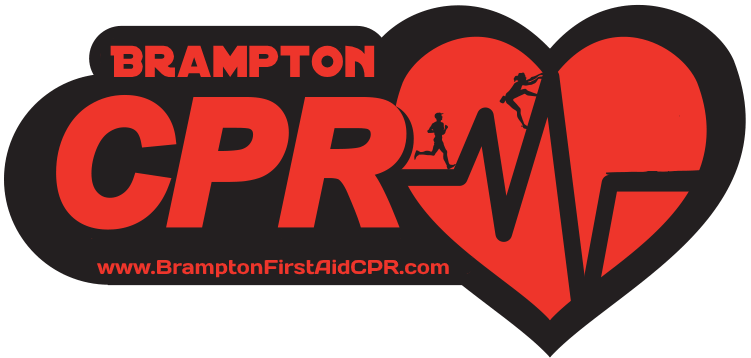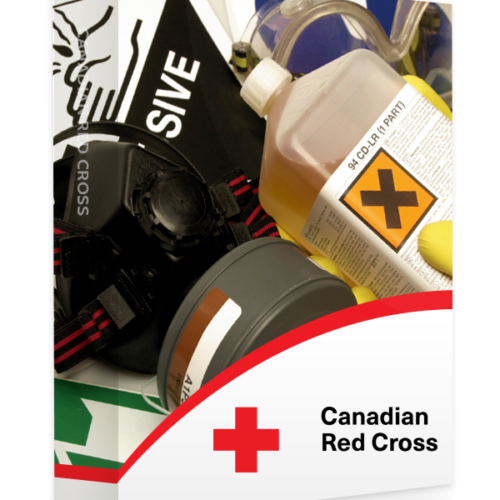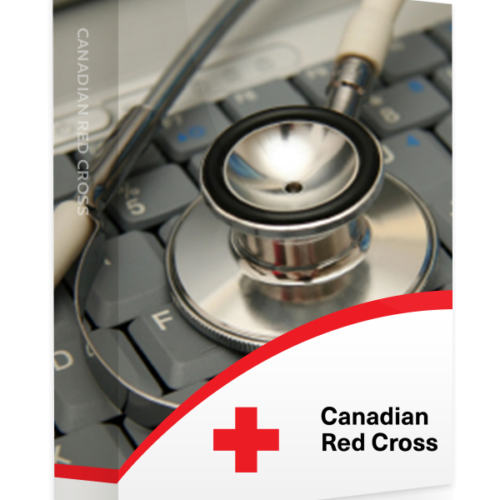Description
In order to write your Provincial Exam and apply for your Ontario Security Guard License, students must complete the 40hr Course which is divided between 33.5hrs of online study and a 1-day in-class Emergency Level First Aid & CPR Level C Certificate.
***************************************
USE PROMO CODE: BFA75
***************************************
The Curriculum
In order to pass the Ontario Provincial exam and apply for your Ontario Security Guard Licence, you will need to complete our 40-hour course. It is divided between 33.5 hours of online lessons, and a one-day in-class Emergency First Aid and CPR Certificate. The online modules offer thorough lessons on everything you will need to know to be a successful security guard. Once students complete the Ministry requirements, they will be able to move on and apply for their provincial licence.
Security Guard Course can prepare you for any of the above positions. Our syllabus covers topics such as: Health and safety, the Canadian Legal System, Use of Force Theory and report writing. The online courses are divided into twelve modules, each taking varying lengths to complete.
Our specially tailored course also includes a comprehensive Practice Test & Answer Key for your further preparation. You have access to the courses 24/7 for as long as you need to complete the 33.5hrs.
Here’s a simple breakdown of the online modules and what you can expect to learn when you choose Security Guard Course for your training:
Welcome and Licensing Process
This lesson consists of a brief introduction to the private security industry. You will receive a brief overview of the legislation as it applies to private investigators and security guards and how it will affect your role.
The Private Security and Investigative Services Act and Ministry Code of Conduct
In this lesson, you will learn the responsibilities of private security, according to the Private Security and Investigative Services Act, 2005 (PSISA). Pay close attention to the code of conduct as it outlines the rules and regulations you need to be aware of.
Basic Security Procedures
As a security guard, you will need to have a comprehensive knowledge of basic security procedures. Basic security procedures such as surveillance techniques, the protection of personal information, and the handling of substance abuse and drug paraphernalia will be covered in this module.
Writing Security Reports
Writing is an integral part of being a security guard and you will need to learn how to properly record situations. In this lesson, you will learn how to complete the typical written reports required by security guards and private investigators. These note taking skills are critical when recording witness statements or contact information as an event is occurring.
Health and Safety
You will gain a working knowledge of the Occupational Health and Safety Act and the Workplace Hazardous Materials Information System (WHMIS). You will then be able to apply this knowledge to whatever site you are assigned.
Emergency Response Preparation
You will be taught how to identify and respond to emergency situations in a timely and effective manner. The First Aid and CPR course will supplement this lesson’s training and provide more detailed instructions on how to address emergency situations.
Canadian Legal System
Security Guards must be aware of major legislation as it relates to their job and the properties they protect. You will be become familiar with the Criminal Court System, the Ontario Evidence Act, and the Canada Evidence Act.
Legal Authorities
You will learn about important legislation as it relates to you role as a security guard, as well as the Criminal Code of Canada, Municipal bylaws, and the elements of tort law in security.
Communication
Students will learn how to respond professionally and effectively in their role. The three main components are communication skills, tactical communication, and interpersonal skills.
Sensitivity Training
As a security guard you will encounter a diverse group of individuals every day. Treating everyone with kindness and respect is an important part of your job. That is why sensitivity training will teach you how to recognize your own biases, as well as the impact of mental, physical, cultural, and sexual differences.
Use of Force
While using force may be required of a security guard, you will learn about the importance of maintaining a professional composure and the limits of which you can apply force. The authority to use force under the Criminal Code of Canada and how handle situations while under pressure will also be addressed.



